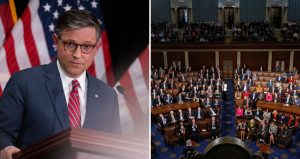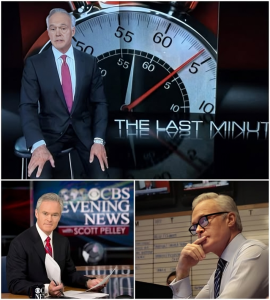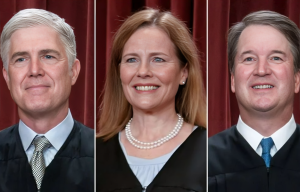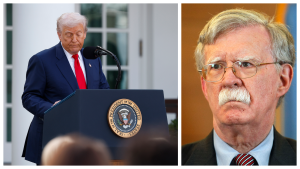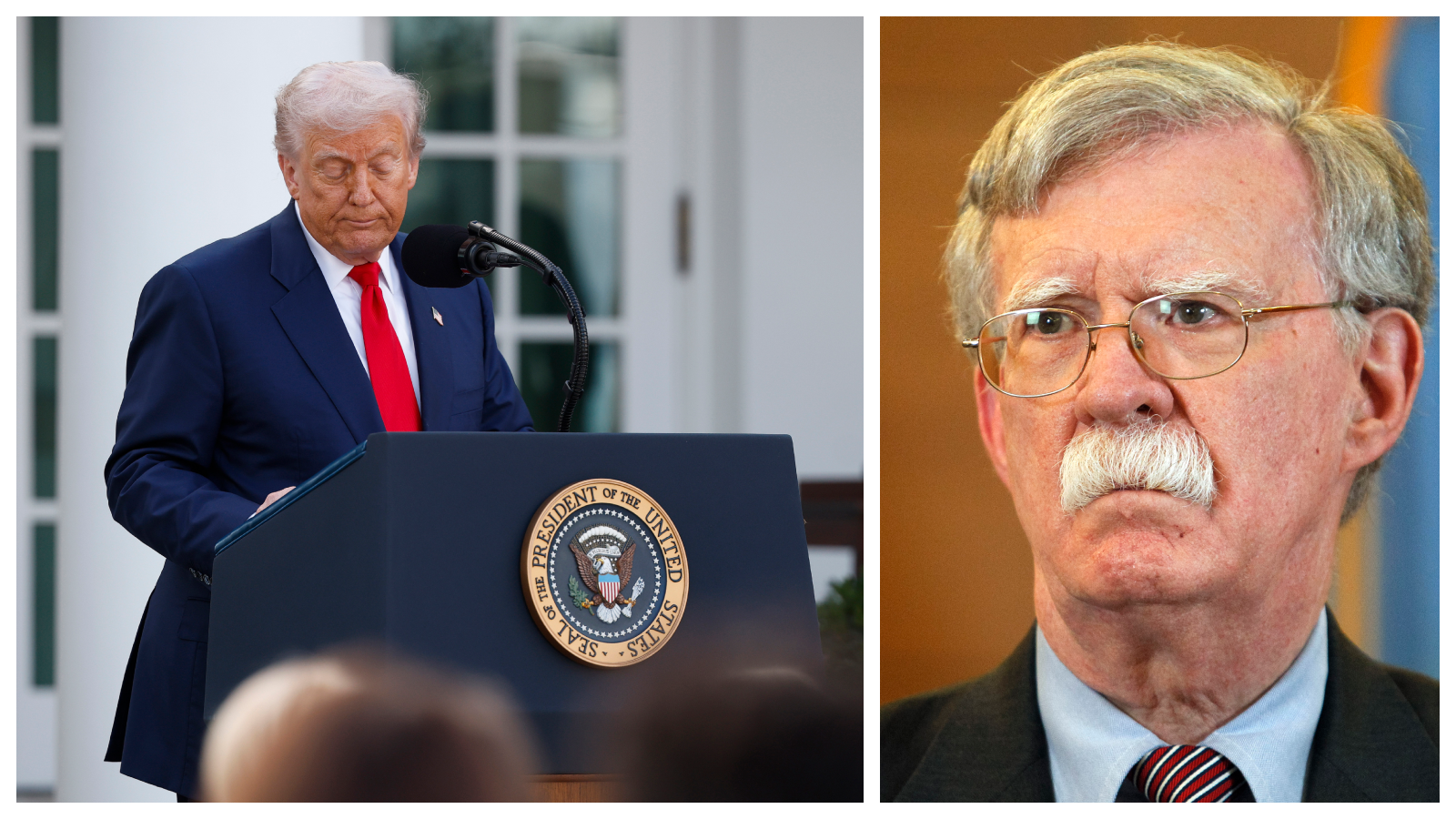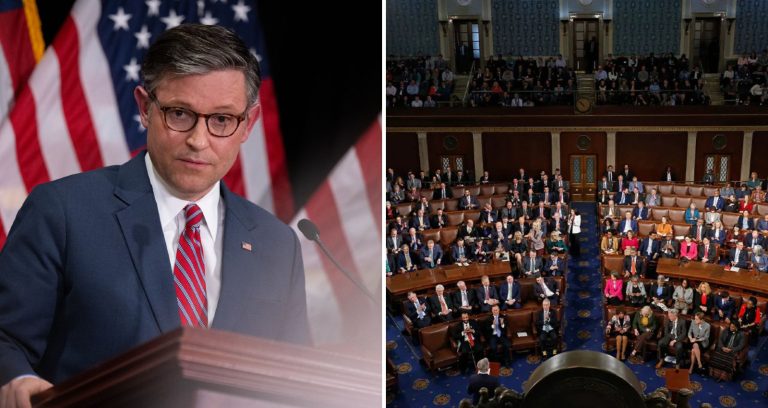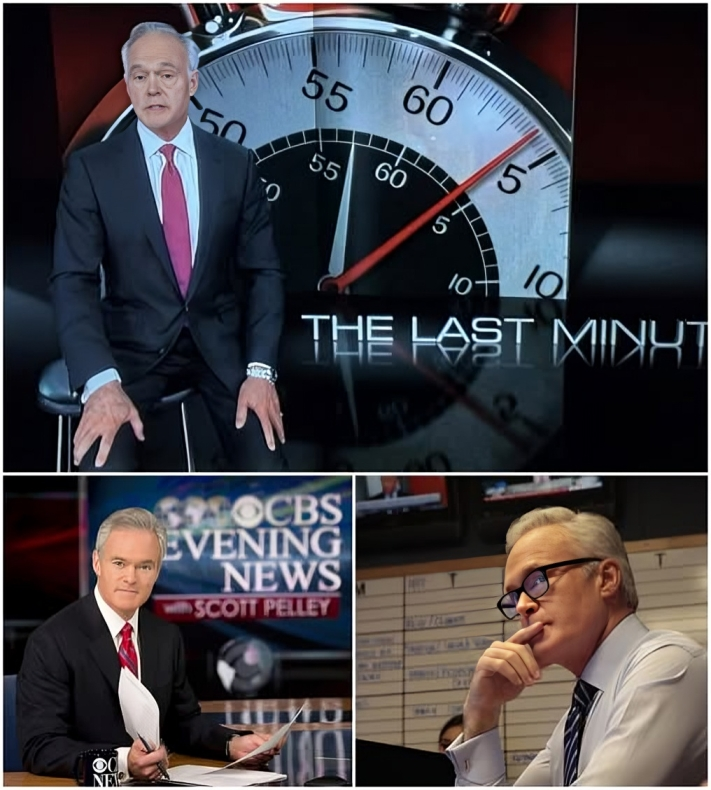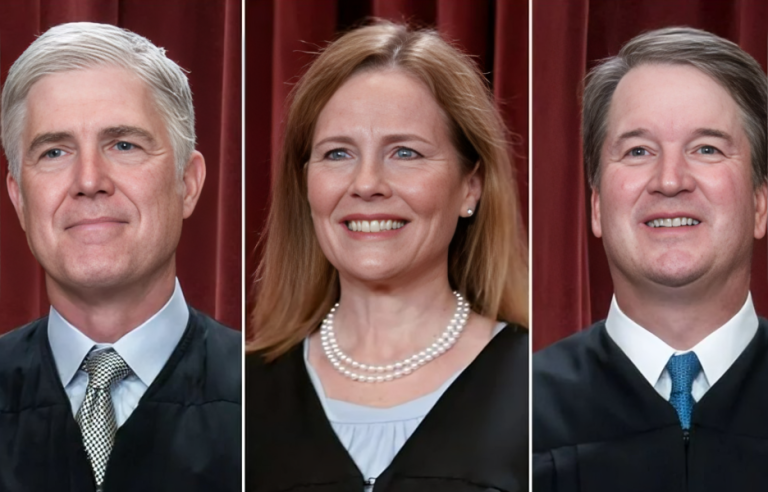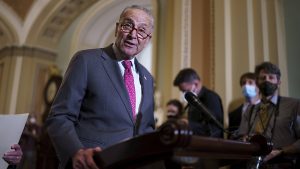Bolton Case Draws Attention With Experienced Federal Judge at the Helm
The latest legal drama surrounding former President Donald Trump has shifted focus to former national security adviser John Bolton, whose case is now assigned to U.S. District Judge Theodore Chuang of Greenbelt, Maryland. Chuang, a Barack Obama appointee, has previously been at the center of high-profile disputes involving presidential authority, placing him once again in the national spotlight.
Chuang first drew widespread attention in 2017 when he issued a nationwide injunction against Trump’s second travel ban, which restricted entry from six majority-Muslim countries. In his ruling, Chuang noted that campaign statements made by Trump could not be separated from the policy action, asserting that a “reasonable observer” could perceive anti-Muslim intent behind the order.
“Simply because a decisionmaker made the statements during a campaign does not wipe them from the ‘reasonable memory’ of a ‘reasonable observer,’” Chuang wrote at the time. Conservatives criticized this interpretation as judicial overreach, framing it as an example of courts intervening in policy decisions made by the executive branch.
Chuang’s Judicial Record Shapes Context for Bolton Case
Over the years, Judge Chuang has been involved in multiple high-profile cases beyond immigration policy. He temporarily blocked reforms aimed at restructuring the U.S. Agency for International Development (USAID), preventing consolidation and changes to oversight of U.S. foreign aid programs. Critics described his intervention as an example of federal courts impeding executive initiatives, while supporters argued it reflected the proper checks and balances envisioned in the Constitution.
With Bolton now facing 18 felony charges related to alleged mishandling of classified materials, the assignment to Chuang is particularly notable. Observers say that Chuang’s prior rulings limiting executive authority could influence proceedings, though judicial ethics and procedural norms require impartiality.
The Charges Against Bolton
Bolton’s indictment centers on allegations that he improperly transmitted top-secret materials during and after his tenure as national security adviser. The case has drawn attention not only for the nature of the charges but also for Bolton’s public break with Trump, which remains a politically sensitive topic.
Bolton has pushed back against the indictment, describing it as part of a “politicized and weaponized” Justice Department approach. In a recent statement, he said:
“I have become the latest target in weaponizing the Justice Department to charge those [Trump] deems to be his enemies with charges that were declined before or distort the facts.”
The high stakes, including potential civil and criminal liability, have placed the case in the media spotlight, with experts noting the challenges of navigating classified material while adhering to legal obligations.
Previous Legal Battles Over Bolton’s Memoir
The roots of the controversy stretch back to Bolton’s memoir, The Room Where It Happened, which drew scrutiny for including sensitive material. In 2020, the Justice Department filed a civil lawsuit claiming Bolton had failed to complete a required pre-publication review for classified content.
The matter escalated to a criminal review, though the Biden-era DOJ ultimately closed the investigation in 2021. At the time, Bolton called it a “complete vindication,” noting that career clearance officials had reviewed the book prior to publication.
Despite this, the federal judge overseeing the case warned that Bolton “likely published classified materials” that could have exposed him and the country to potential civil and criminal liability. The memorandum underscored the tension between First Amendment protections, freedom of speech, and national security concerns.
Alleged Hacking Incident and Ongoing Legal Questions
The recent indictment also references an incident in July 2021, when a Bolton representative notified the FBI that one of his personal accounts may have been compromised by hackers linked to Iran. While investigators were informed, Bolton maintains that there was no evidence of classified information being accessed or transmitted.
“The FBI was made fully aware of the hack,” Bolton noted, adding that in four years of the prior administration, no charges were filed despite thorough review.
The current case, he says, reflects ongoing scrutiny rather than new evidence of wrongdoing. Bolton has emphasized that legal challenges must balance national security with the right to dissent and free speech, particularly regarding commentary on past administrations.
Implications for Executive Authority and Legal Oversight
Observers point out that the Bolton case is emblematic of the broader tension between the executive and judicial branches, particularly when former officials face scrutiny over classified materials. Chuang’s record in high-profile Trump-era cases — including travel bans and agency restructuring — signals a judge familiar with balancing national security concerns against executive privilege and civil liberties.
Legal analysts say that while prior rulings do not determine the outcome, Chuang’s experience with complex executive branch cases may streamline procedural considerations, including pretrial motions and handling of sensitive materials.
Media and Public Reactions
The assignment of the case to Chuang has triggered media analysis, with coverage noting the judge’s prior rulings that have shaped Trump-era legal precedents. While commentators on both sides of the aisle debate the political implications, court filings indicate that procedural norms and adherence to federal statutes will be paramount.
Bolton’s supporters highlight his compliance with pre-publication reviews and cooperation with federal investigations. Critics emphasize the potential risks of mishandling classified content and the importance of clear accountability.
Upcoming Key Hearing
A critical hearing is scheduled for November 21, and both parties are preparing arguments regarding the indictment, potential defenses, and evidentiary considerations. Legal observers expect heightened media attention and thorough examination of procedural safeguards, particularly regarding the handling of classified materials and communication records.
The case continues to be closely watched as part of a larger conversation about the accountability of former administration officials, the role of the judiciary in national security matters, and the limits of executive authority.

Sarah Mitchell is a bestselling novelist recognized for her insightful and emotionally resonant stories that explore the complexities of human relationships. Originally from Denver, Colorado, Sarah grew up in a family of teachers who nurtured her curiosity and love for storytelling. She studied psychology at Stanford University, where she became fascinated by the intricacies of human behavior—an interest that would later shape her writing career. Sarah’s novels are praised for their nuanced characters, intricate plots, and ability to capture the subtle tensions that define love, friendship, and family ties. Her breakthrough novel, The Spaces Between Us, became an instant bestseller, lauded for its honest portrayal of strained family relationships and the fragile bonds that hold people together. Since then, she has published several works that continue to captivate audiences around the world. Outside of her writing career, Sarah is passionate about mental health advocacy and often partners with organizations to promote awareness and support for those struggling with emotional well-being. Her personal life is quieter—she enjoys hiking in the Colorado mountains, practicing yoga, and spending time with close friends. With each new book, Sarah Mitchell cements her reputation as a writer who illuminates the beauty and struggles of human connection.
